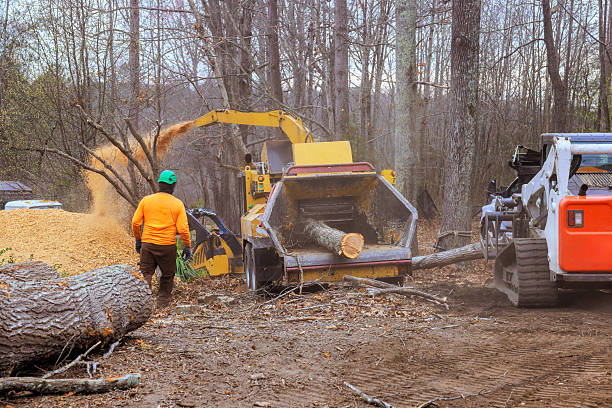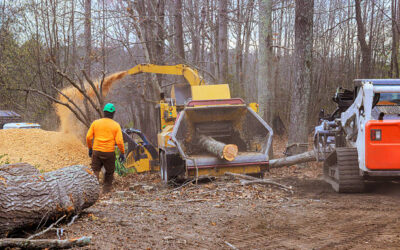Looking for a stable, hands-on career with growth potential? Forklift operating and warehouse work are in high demand across industries like logistics, retail, manufacturing, and construction. Whether you’re just entering the workforce or considering a career change, this guide will help you understand how to get started, what qualifications are needed, and how to find job opportunities.
Why Choose a Career in Forklift or Warehouse Work?
Careers in warehouse operations and forklift driving offer:
- Job stability – Warehouses are essential to supply chains and operate year-round
- Opportunities for advancement – Many workers move up to lead, supervisory, or logistics roles
- Competitive pay – Especially for certified forklift operators or shift supervisors
- Physical, active work – Great for those who don’t want a desk job
- Variety of shifts – Including full-time, part-time, and overnight positions
Step 1: Understand the Types of Warehouse Jobs
Before you apply, it’s helpful to know what roles are available:
- Forklift Operator – Operates lift trucks to move and organize materials
- Warehouse Associate – Picks, packs, loads, and unloads inventory
- Shipping & Receiving Clerk – Manages incoming and outgoing shipments
- Inventory Control Specialist – Tracks and manages stock levels
- Warehouse Supervisor or Manager – Oversees operations and teams
Each position requires different skills, but all benefit from being dependable, detail-oriented, and safety-conscious.
Step 2: Get the Right Certifications and Training
For most warehouse roles, a high school diploma or GED is enough to get started. However, becoming a forklift operator requires additional training:
Forklift Certification:
- Required by OSHA (Occupational Safety and Health Administration) in the U.S.
- Includes both classroom-style instruction and hands-on evaluation
- Typically completed in 1–2 days through training centers, vocational schools, or even online programs
- Some employers offer on-the-job forklift training
Having your forklift certification ahead of time can give you an edge in the hiring process.
Step 3: Build Your Resume and Skills
Highlight the following skills on your resume:
- Equipment operation (forklifts, pallet jacks, etc.)
- Inventory management systems or scanners
- Physical stamina and lifting ability
- Time management and efficiency
- Commitment to workplace safety
If you’re new to the field, consider temporary warehouse work through staffing agencies to gain experience quickly.
Step 4: Search for Job Openings
You can find forklift and warehouse jobs through multiple channels:
- Online job boards – Indeed, ZipRecruiter, Glassdoor, and SimplyHired
Company career pages – Major employers like Amazon, FedEx, UPS, and Home Depot often list warehouse openings - Staffing agencies – Agencies like Aerotek, Randstad, and PeopleReady specialize in warehouse placements
- Local community colleges or trade schools – Often have job placement services for graduates of training programs
Use search terms like “forklift operator,” “warehouse associate,” or “material handler” along with your location.
Step 5: Prepare for the Interview
Employers will want to know:
- Your availability and willingness to work different shifts
- Your experience with equipment and safety procedures
- How you handle fast-paced or repetitive work
- Whether you’re certified and comfortable operating machinery
Bring your certification paperwork to the interview and dress in clean, practical clothing.
Step 6: Stay Safe and Keep Learning
Once you land the job:
- Follow all safety protocols
- Communicate clearly with your team
- Stay organized and meet productivity goals
- Look for opportunities to advance into leadership or specialized logistics roles
Continuing education in logistics, operations, or equipment can help expand your career path.
Final Thoughts
A career in forklift operation or warehouse work offers more than just a paycheck—it provides stability, growth, and valuable skills. With proper training, a strong work ethic, and a safety-first attitude, you can build a long-term career in this essential and fast-paced industry. Start today by getting certified, applying to jobs, and stepping into a role where your hard work truly moves things forward.








